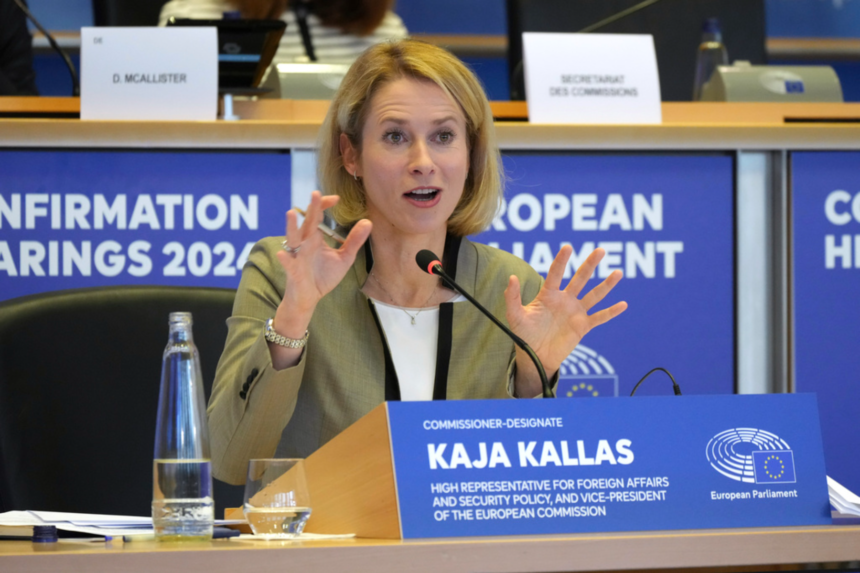The European Union’s foreign ministers are set to meet on Monday to address Russia’s escalating hybrid threats, following another incident involving critical infrastructure in the Baltic Sea.
EU High Representative for Foreign Affairs, Kaja Kallas, highlighted the urgency of the matter after an undersea fiber optic cable between Latvia and Sweden was damaged earlier this week.
“This incident is the latest in a series affecting the critical infrastructure of EU member states. Tomorrow, we will discuss how to better prevent and respond to such hybrid threats amidst Russia’s intensified campaigns,” Kallas announced on social media platform X.
A Pattern of Incidents
The damaged cable marks another episode in a growing trend of attacks and disruptions linked to critical infrastructure since Russia’s invasion of Ukraine in February 2022.
- October 2024: A Chinese cargo ship’s anchor damaged an undersea gas pipeline between Finland and Estonia.
- December 2024: Two telecommunications cables connecting Sweden and Denmark were severed.
- January 2025: An undersea power cable between Finland and Estonia was damaged.
Implications
These incidents underscore the vulnerability of Europe’s infrastructure and the strategic challenge posed by hybrid threats, which combine physical, cyber, and political interference. EU ministers are expected to explore measures to enhance the resilience of member states and reinforce collective deterrence against such actions.
The outcomes of this meeting could shape the EU’s policy on critical infrastructure security, signaling a unified response to mounting geopolitical risks.







